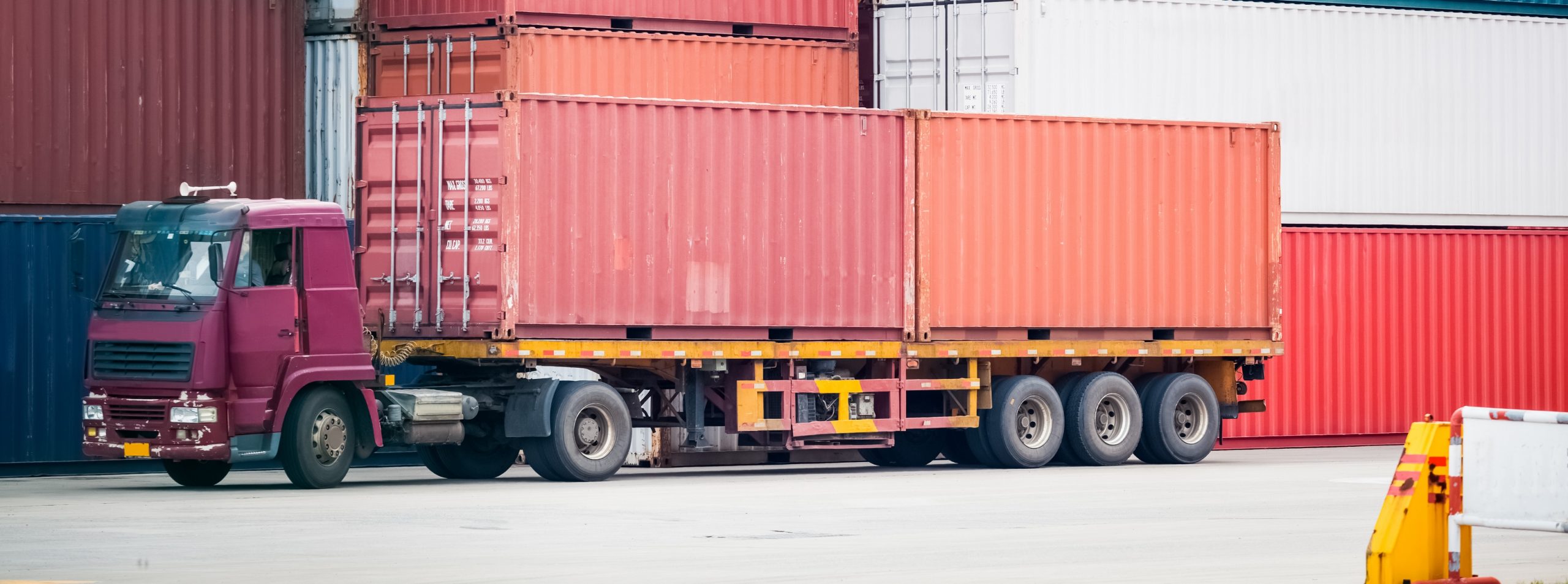
Services trade liberalised in 2021
OECD Services Trade Restrictiveness Index (STRI): Policy trends up to 2022 shows that liberalisation outpaced new restrictions during the past year, as the erection of new barriers to services trade slowed across almost all major sectors covered.
The average cumulative increase in barriers across sectors covered by the Index (STRI) was six times lower in 2021 than in 2020, indicating a significant decrease both in the volume and effect of new trade restrictions.
Most trade liberalisation was identified in air transport services, commercial banking and computer services. Easing of regulations particularly affected services supplied through commercial presence in other markets, and through the temporary movement of people.
The annual report, which covers services trade regulations in 50 countries and 22 services sectors, representing more than 80% of global services exports, identifies top performers in terms of regulatory best practices and liberalisation, including the Czech Republic, Japan and Chile.
It also points out new measures that have created impediments to services trade, notably tighter conditions on the screening of foreign investment, which was already on the rise in 2020, and continued in 2021. Other regulatory changes were implemented in response to the COVID-19 pandemic, as governments implemented measures to protect public health and to mitigate the economic consequences. However, most COVID-19 policy measures have marginal bearing on the STRI database, as these are largely temporary or targetting support measures in sectors not covered by the STRI, such as health, protective equipment or essential goods.
The OECD points out that ambitious efforts to ease services trade barriers could yield substantial benefits in reducing trade costs for firms that provide services across borders, especially if the trends identified in 2021 continue in the years to come. On average across sectors, services trade costs could decline by 6% to 16% in the medium term if countries could close half of the regulatory gaps with best performers. An ambitious services trade agenda, including new services market access commitments in comprehensive trade and investment agreements, can drive such gains, the report said.
The trend towards market openness for services trade identified in the OECD’s annual monitoring exercise accompanies the landmark adoption of the WTO Reference Paper on Services Domestic Regulation at the end of 2021, demonstrating collective will to liberalise services trade. OECD analysis demonstrates that full implementation of the new WTO disciplines can unlock annual services trade cost savings in the range of USD 150 billion, with substantial benefits in financial services, business services, communications and transport services.
Open markets for services trade boost supply chain resilience, while lower services trade costs will facilitate recovery from the shock of the COVID-19 pandemic on exporters. Multilateral trade rules and open commitments on services can lock in these benefits and provide certainty to firms seeking to access foreign markets.
More related articles...


סחר בינלאומי בישראל
הסחר הבינלאומי ממלא תפקיד מרכזי בכלכלת ישראל, ומאפשר למדינה להתגבר על משאבי הטבע המוגבלים שלה ולהשתלב בשוק העולמי. כמדינה קטנה עם כלכלה מפותחת מאוד, ישראל


יבוא סחורה מחו”ל – חשיבות ביצוע סקר שוק מקיף
מבוא יבוא סחורה מחו”ל הוא תהליך מורכב שמכיל מספר שלבים, כל אחד מהם חיוני להצלחת התהליך הכללי. התהליך כולל מציאת ספקים, ניהול מו”מ, טיפול בניירת


רפורמת היבוא – מהם יתרונות הרפורמה למגזר העסקי?
רפורמת “מה שטוב לאירופה טוב לישראל” מציעה מספר יתרונות משמעותיים למגזר העסקי בישראל. הנה כמה מהיתרונות המרכזיים: 1. הפחתת עלויות ייבוא הרפורמה מפחיתה את העלויות


רפורמת היבוא – איך רפורמת היבוא תשפיע על המחירים?
רפורמת היבוא שאושרה תחת הכותרת “מה שטוב לאירופה טוב לישראל” צפויה להשפיע בצורה משמעותית על המחירים בישראל. הנה כמה מהדרכים המרכזיות בהן הרפורמה תשפיע על


יסודות שחרור ממכס בשילוח בינלאומי
שחרור ממכס הוא שלב מכריע בתהליך השילוח הבינלאומי. זה כרוך בהגשה ועיבוד של מסמכים ומידע שונים כדי לעמוד בתקנות ובדרישות של מדינת היעד. ללא שחרור


למה צריך סקר שוק מקיף לפני יבוא סחורות מחו”ל
בנוף העצום של הסחר הבינלאומי, אמנות יבוא הסחורות מחו”ל דומה לניווט במבוך של הזדמנויות ואתגרים. דמיינו את זה – אתם על סף גילוי אוצר של























